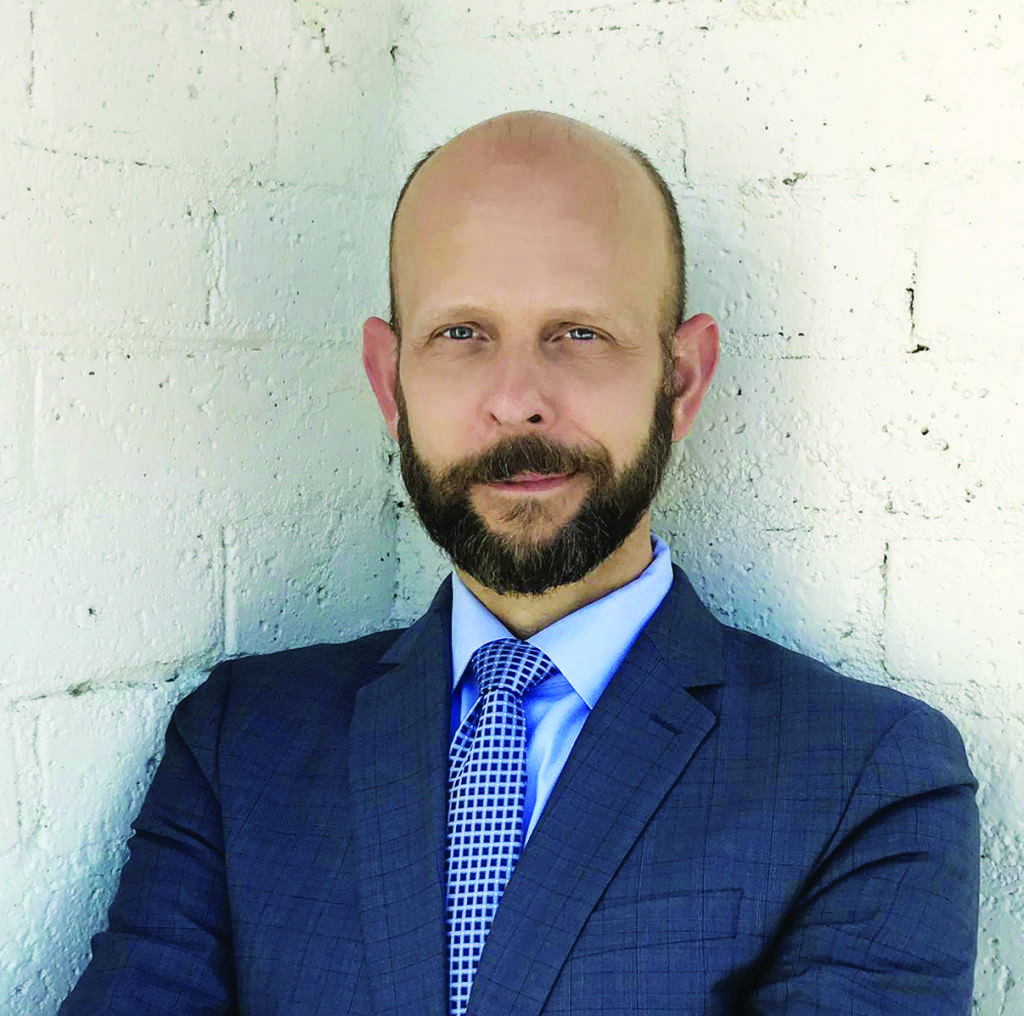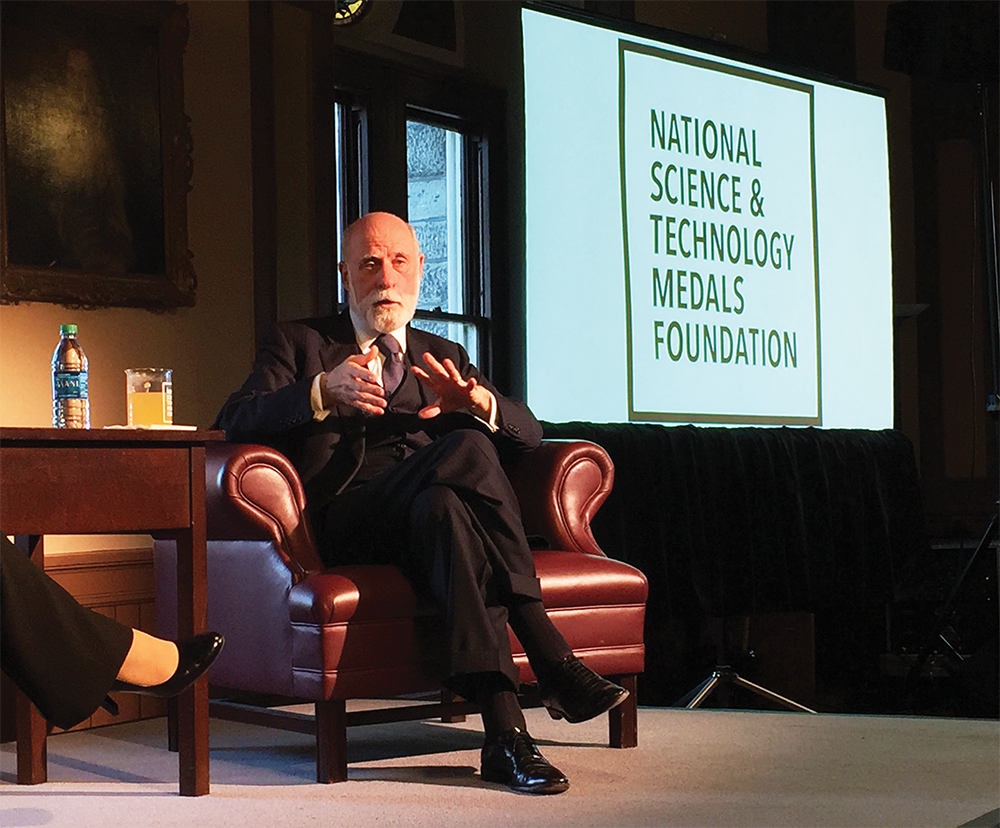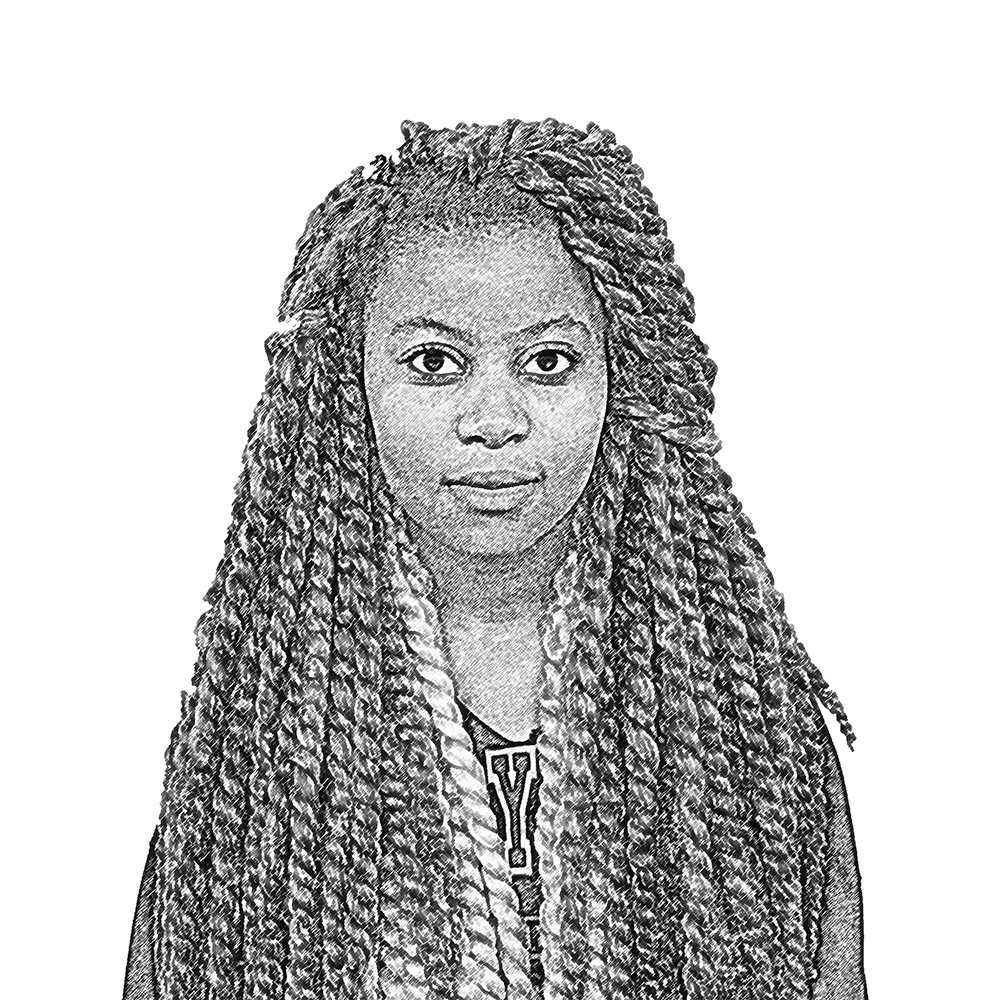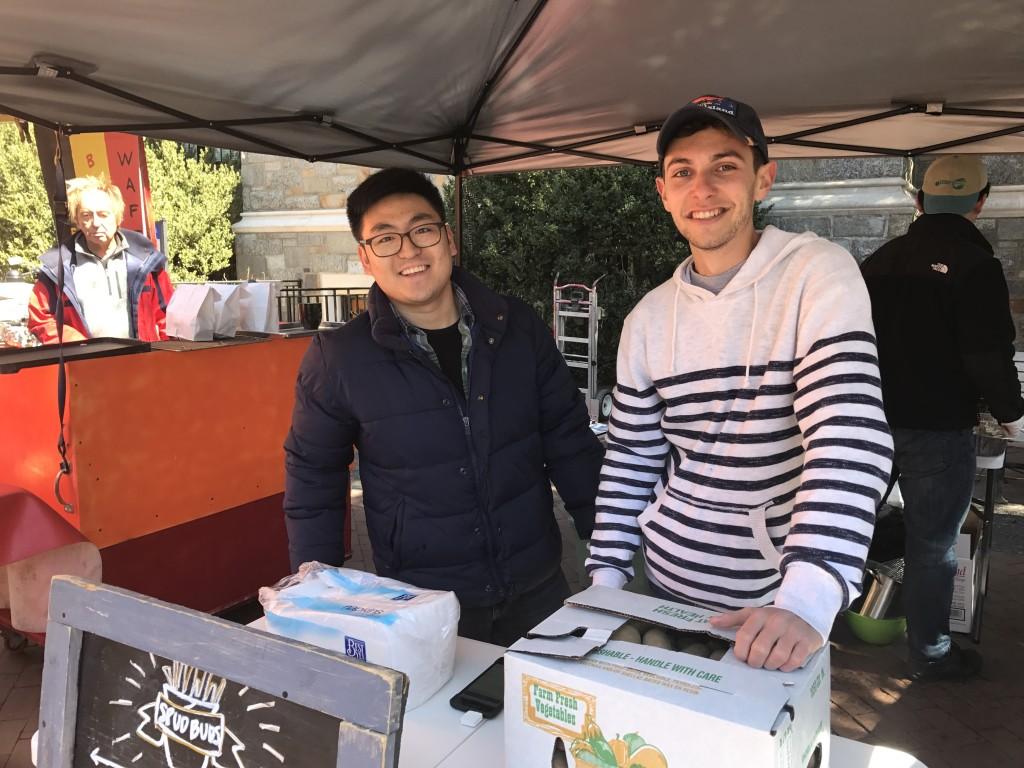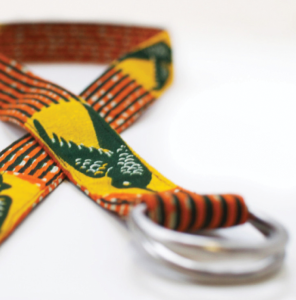
New website Hoya Storefront allows students to purchase fashion items produced under socially responsible and ethical conditions.
Usually when someone buys clothes, they’re ignoring whether or not their purchases are impacting the world, but Jacob Maxmin’s (COL ’17) new website, Hoya Storefront, looks to change that apathy to engagement by promoting and selling ethically conscious fashion merchandise produced under fair labor conditions.
The website, which launched March 25, provides a platform to sell ethical fashion goods produced by companies Bureh Belts, Lallitara Apparel and Jamela Oil. The company began as a blog and developed into a website. CEO and founder Maxmin began as a campus sponsor for Bureh Belts and then decided to grow the company in order to better market its goods to students.
“We’re basically a student-run business that connects the Georgetown University campus with socially responsible ethical fashion companies,” Maxmin said.
Bureh Belts is a socially responsible company from Sierra Leone that makes men’s and women’s belts, with all material sourced locally, according to Maxmin. The company only hires handicapped workers and reinvests much of its profits into the community. Hoya Storefront sells these for $35.
Lallitara Apparel sells wristlets for $28.99 made from used saris. Women in India, who are paid a living wage, craft the wristlets and then send them to the United States.
“Our main goal is to educate students on ethical fashion and why it is really important to support socially responsible businesses,” Maxmin said.
Jamela Oil makes argon oil from the argon plant in Africa and Hoya Storefront sells their lip balm and moisturizing oil. This may not seem like a fashion good in the same sense as clothing, but Maxmin understands the broad nature of fashion products.
“There’s no limit to what we take, everything that falls into the category of fashion,” he said.
Hoya Storefront is looking for more companies to partner with as well. They have reached out to socially conscious BANG Shoes and Nice Laundry, which sells men’s designer socks.
“We are looking to partner with more and more companies to provide as much different variation as possible,” Maxmin said.
The website accepts debit and credit as well as pay upon delivery.
After an order is placed, the purchased good is delivered to the customer’s front door within three business days.
The Hoya Storefront team hopes that providing ethical options for students on campus will help them develop a socially responsible consciousness when buying goods.
“We are providing students with the option of buying ethical fashion here, and so hopefully that will carry over so that when they don’t have those options they will be more willing to explore them on their own,” Director of Social Media Outreach, Promotions Planning and Activities Manager Joy Jackson (SFS ’17) said.
The criteria that the company uses in determining whether a company is ethical includes whether it provides living wages, promotes sustainable careers through reinvesting in the community and is environmentally friendly. The companies that Hoya Storefront chooses do not necessarily need to be located in developing countries, which people sometimes assume socially responsible companies must be.
“We look at companies that opt out of using child labor. A lot of it is founded on workers’ rights. There’s also a more environmental aspect, the materials that the companies use to produce their product, ideally no toxic chemicals, organic materials,” Jackson said.
Hoya Storefront is currently running a fundraising campaign for new stock and promotions on crowd-funding platform Indiegogo. Its goal is $1,000 and thus far it has raised around $200. Hoya Storefront has also reached out to The Lecture Fund to hopefully bring in different CEOs to talk to students about social entrepreneurship and ethical fashion in the fall, according to Maxmin.
Students have already started buying the company’s products.
“I bought one of the Bureh Belts. Beside it being fashionable I think that it’s really important; it’s a really cool idea that people know exactly where their fashion is coming from. I thought that was an amazing statement in terms of ethical fashion to know exactly where my products were being made and what my money is going toward,” Chris Fisk (COL ‘17) said. “I think that is just a cool idea to know exactly where your fashion is coming from.”
Hoya Storefront is having a number of sales, including a Relay for Life sale, until April 11, during which all proceeds will go to Relay, and a Georgetown day, graduation and end-of-the-year sale.


